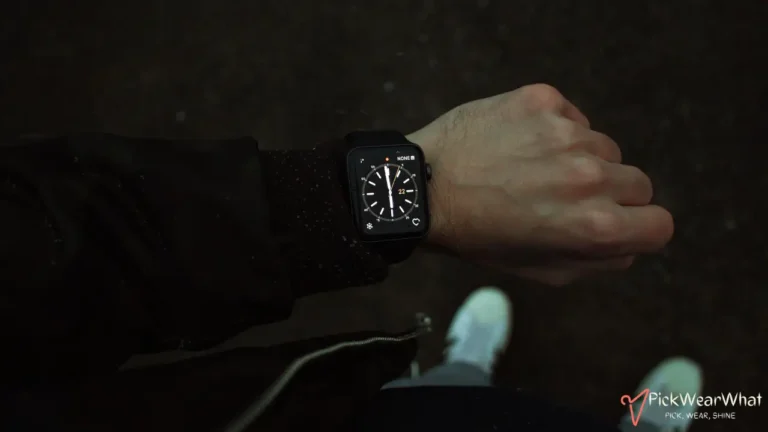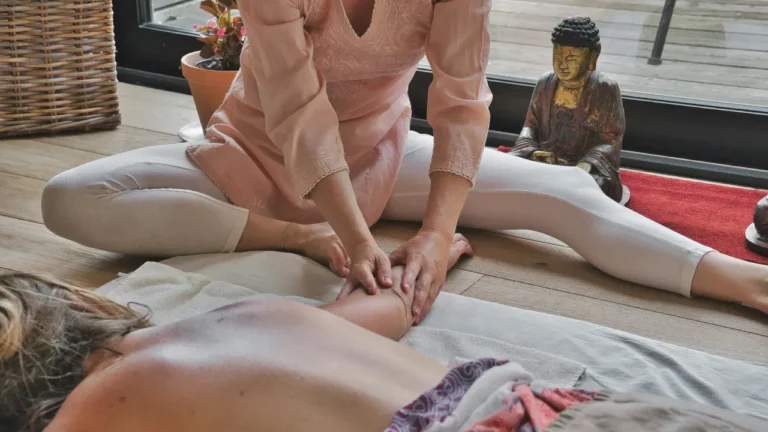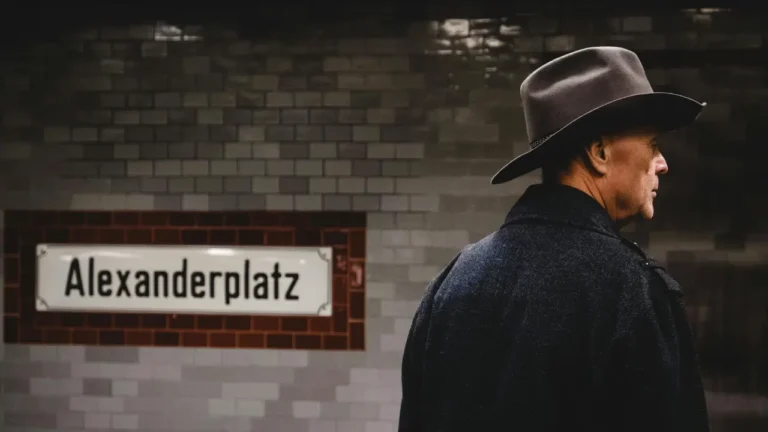You should not wear shorts as a juror. Courts typically expect jurors to dress in business-casual or formal attire to maintain a respectful atmosphere during proceedings.
While specific dress codes may vary by jurisdiction, shorts are generally considered too casual for courtroom settings. It’s advisable to wear long pants or skirts and avoid overly casual clothing to ensure compliance with court guidelines.
Are There Specific Guidelines About Shorts for Jurors?
Yes, there are specific guidelines regarding shorts for jurors, and most courts discourage or prohibit wearing shorts. Jurors are expected to dress appropriately in business-casual or formal attire, as a sign of respect for the court. Shorts are generally considered too informal for this setting.
Each court may have its own dress code policy, so it is advisable to review your jury summons or contact the court for specific attire guidelines. However, it is typically best to avoid wearing shorts to ensure you meet courtroom standards.
Can Wearing Shorts Be Seen As Disrespectful in Court?
Yes, wearing shorts can be seen as disrespectful in court. Courts expect jurors to dress in a manner that reflects the seriousness of the proceedings, and shorts are generally considered too casual for this formal setting.
Dressing appropriately demonstrates respect for the legal process, and wearing attire that is too informal, like shorts, may be viewed as a lack of regard for the court’s decorum. To avoid any issues, it is recommended to dress in business-casual or formal clothing while serving as a juror.
Why Is Dressing Professionally Important as a Juror?
Dressing professionally as a juror is essential for maintaining respect and decorum in the courtroom. It shows that you understand the gravity of the proceedings and take your role seriously. Wearing appropriate attire also helps minimize distractions and keeps the focus on the legal matters at hand. Here are some key reasons why dressing professionally is important:
- Respect for the court: Dressing well shows respect for the legal system and its procedures.
- Seriousness of the role: Professional attire reflects your understanding of the responsibilities involved in being a juror.
- Maintaining decorum: Courtrooms are formal environments, and dressing appropriately upholds this formality.
- Reducing distractions: Proper attire helps keep attention on the case, ensuring an unbiased and focused environment.
- Impartiality: Professional dress reinforces the neutrality and impartiality expected from jurors during the trial.
What Clothing Is Typically Recommended for Jurors?
The clothing typically recommended for jurors is business-casual or formal attire to reflect the seriousness of court proceedings. Here are some specific recommendations:
- For Men:
- Dress slacks or khakis
- Collared shirts such as button-downs or polo shirts
- Blazers or sweaters (optional)
- Closed-toe shoes (avoid sneakers or sandals)
- For Women:
- Dresses, skirts, or dress slacks
- Blouses or conservative tops
- Blazers, cardigans, or sweaters
- Closed-toe shoes (avoid flip-flops or casual sandals)
Alternatives to Shorts for Jury Duty
Here are some alternatives to shorts that are more appropriate for jury duty:
- Dress Slacks: A professional, comfortable alternative that maintains the formality required in court.
- Chinos or Khakis: A slightly more casual option that still fits within business-casual guidelines.
- A-Line or Pencil Skirts: For women, skirts that fall at or below the knee provide a polished, respectful look.
- Midi or Maxi Dresses: These dresses are both comfortable and courtroom-appropriate when paired with modest accessories.
- Tailored Capris: If the weather is warm, tailored capris that fall below the knee can be a suitable option in place of shorts.
- Jeans (if allowed): Dark-wash, well-fitted jeans might be acceptable in some courts as long as they are free from rips or distressing.
Does the Weather Impact Juror Dress Code Leniency?
Yes, weather can sometimes impact the leniency of a juror’s dress code, but courts generally still expect professional attire regardless of the conditions. During extreme heat or cold, courts may allow slightly more relaxed guidelines, such as permitting lighter fabrics or breathable materials in hot weather. However, even in warmer conditions, attire like shorts, tank tops, or flip-flops is typically not permitted.
In colder weather, layering is encouraged, with options like sweaters, cardigans, or blazers, but the overall expectation of business-casual or formal wear remains. It’s always best to check with the court for any specific guidelines related to weather-related dress code adjustments.
What Happens if You Wear Inappropriate Attire as a Juror?
While there are typically no formal legal penalties for not adhering to the dress code as a juror, there can be consequences. These may include:
You May Be Asked To Change
The court may ask you to go home and change into more appropriate clothing before returning to court.
You Could Be Provided With a Warning
In some cases, the court may issue a warning about dress code expectations and ask you to follow them in future sessions.
You May Be Dismissed From Jury Duty
In extreme cases, if you repeatedly disregard the dress code, the judge may dismiss you from serving as a juror, which could also lead to rescheduling your service.
Disruption of Proceedings
Wearing inappropriate clothing can be seen as disrespectful, and it may cause disruptions or delays in court proceedings if attention is diverted to your attire.
FAQs On Can I Wear Shorts as a Juror
No, most courts prohibit wearing shorts as they are considered too casual for a formal courtroom setting. Business-casual or formal attire is typically expected.
If you wear shorts to jury duty, you may be asked to change into more appropriate clothing or could be sent home and asked to return dressed according to the court’s guidelines.
Even in hot weather, shorts are generally not allowed in court. Courts may allow lighter fabrics or looser clothing, but professional attire such as dress slacks or skirts is still required.
Even tailored or dress shorts are typically considered too casual for jury duty. It’s advisable to choose long pants or skirts that adhere to the court’s dress code.




